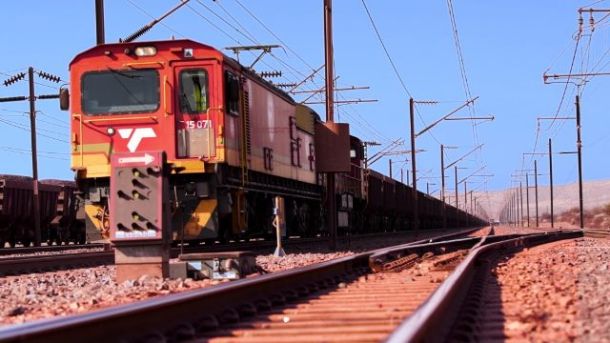
Big names are no match for the little guy in Ghana’s retail sector
The start of commercial oil production in 2011 in Ghana and favourable commodity prices at the time triggered strong economic growth in the West African country between 2010 and 2013, peaking at 14% in 2011.
Due to rapid economic growth, rising disposable income as well as the broadening of the middle class, which included, according to Standard Bank, about 1.3-million households (including lower- and upper-middle class) in 2014, Ghana has in recent years moved into the focus of pan-African retailers such as Massmart, Shoprite, Edcon and Woolworths.
In addition to these multibrand retailers, international fashion brands such as Bata, Nike, Puma and Mango have entered the market to serve Ghana’s nascent middle class and the narrow band of affluent elite.
Yet, despite the entry of large international retailers and fashion brands as well as the development of new shopping malls such as Westhills Mall and Marina Mall in Accra, the market share of the formal sector remains small. Arguably some retail players have overestimated the size and perhaps even near-term potential of the market.
According to Deloitte’s African Powers of Retailing 2015 report, 96% of all retail transactions in Ghana are carried out in the informal sector. The informal sector is characterised by small market stalls and street-side vendors or independent, family-owned grocers and clothing stores, and is the retail format of choice for most Ghanaians.
Although shopping malls offer a more convenient and comfortable shopping experience, it has been an uphill battle for retailers to attract shoppers — and not just window-shoppers — into air-conditioned malls.
A large share of Ghanaian consumers associate malls with expensive products and think they cater to only the rich. In addition, the personal interaction with market women and the chance to bargain gives the informal sector a key advantage over formal retail.
Both formal and informal retailers still struggle to access efficient and uninterrupted supply chains. A large share of consumer goods is imported from SA, China, Turkey and Europe. Yet, due to the relatively small size of retailers, Ghana remains dependent on small to medium-sized, multibrand importers that often rely on shipments from third-party countries.
Even for the large international retailers, the lack of an extensive network of outlets remains a challenge as they are not able to benefit from the economies of scale that they can achieve from established markets such as SA.
In addition to the supply chain difficulties, some of the South African clothing retailers — especially the single-brand retailers — face additional challenges as their less recognisable brands are competing with branded second-hand clothing imported from Europe or the US, as well as local fashion.
Beyond misjudging market size, what compounds the challenges for retailers in Ghana is the country’s poor financial state: Ghana is in the almost unique position of having spent the oil windfall before it actually arrived. This is particularly true for the ballooning public sector wage bill, which has contributed to the IMF’s recent intervention in the economy.
According to Forbes Magazine, government salaries increased by almost 50% between 2010 and 2012, boosting disposable income among public servants but accounting for 70% and 53% of the country’s tax revenue in 2012 and 2014 respectively.
The bloated government wage bill and overruns in current expenditure, combined with declining government revenue, have led to a serious deterioration of the country’s fiscal balance. Falling commodity prices, rising inflation and the rapid drop of the currency (one of the worst-performing in Africa in 2015) has forced the Ghanaian government to request a three-year extended credit facility of more than $900m from the IMF. As part of the deal, the government has agreed to reduce the budget deficit from 9.5% of gross domestic product (GDP) in 2014 to 7% of GDP in 2015 and 3.5% in 2017 by cutting the government’s wage bill.
High inflation (a 17.7% year-on-year increase in December 2015), electricity shortages and lower spending present additional challenges for the retail industry.
Given the high dependence on imported products, the weak cedi has pushed up the prices of products in local currency terms, putting strain on retail investors that have financed retail developments in foreign currency but sell their products in local currency.
In an attempt to curb inflation and prop up the cedi, the central bank increased interest rates to 26%, further crimping the economy. The IMF expects Ghana’s GDP growth to have remained subdued at 3.5% in 2015.
As a response to the difficult trading environment and a slump in sales, rents for retail property have been slashed by up to one-third at Accra’s Oxford Mall. Rent increases at the Marina Mall have been put on hold in order to cushion retailers from the adverse effect of imported inflation and low sales.
The economic tailwinds in recent years that supported Ghana’s emergence as an attractive investment destination for retail have now become headwinds. Rising inflation, interest rates, an overestimation of the country’s emerging middle class and the sharp depreciation of the local currency are making life more difficult for retailers who have set up shop in Ghana.
• Davies is MD for emerging markets and Africa at Deloitte.
News Category
- International retailers
- On the move
- Awards and achievements
- Legislation
- Wine and liquor
- Africa
- Going green
- Supplier news
- Research tools
- Retailer trading results
- Supply chain
- Innovation and technology
- Economic factors
- Crime and security
- Store Openings
- Marketing and Promotions
- Social Responsibility
- Brand Press Office
Related Articles
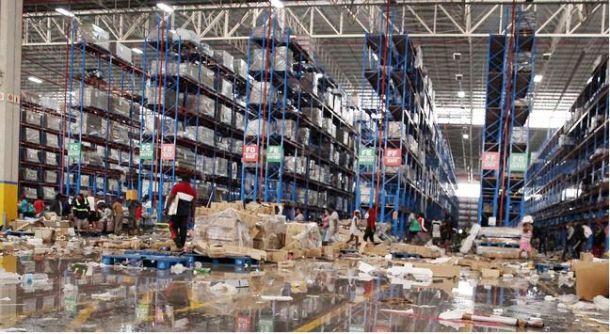
Massmart says civil unrest cost the company R2....
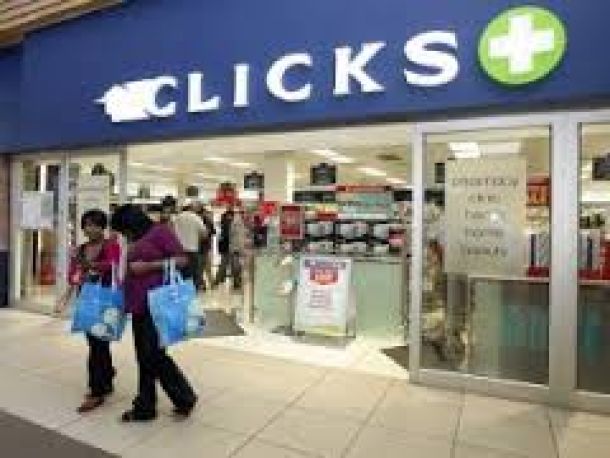
Sasria pays Clicks R217m of KZN claim
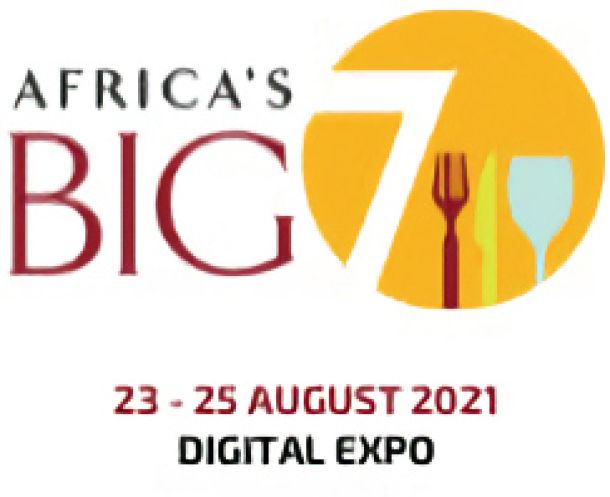
Africa Trade Week Launches Digital Exhibition P...
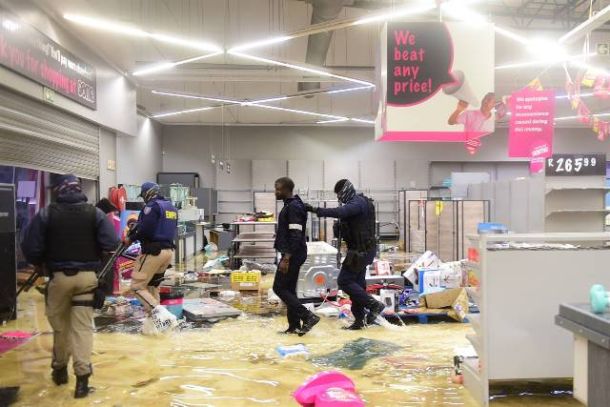
Government’s plan to help businesses recover fr...
